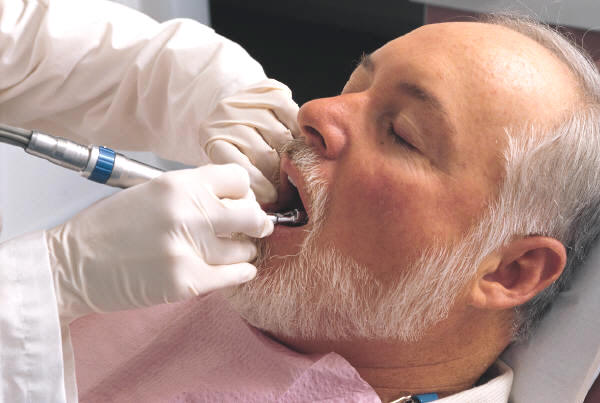Regular visits to the dentist, along with daily tooth brushing and water fluoridation, have all contributed to improvements in oral health. In the first half of the 20th century, by the time people reached their 30s or 40s many had already lost all their teeth, Helgeson said. Today, more than 60 percent of people in nursing homes still have at least one tooth.
Traditional Medicare generally doesn't cover dental care unless it's related to services received in a hospital. Medicare Advantage managed care plans generally provide some dental care, but the coverage can vary, and often is minimal, dental care advocates say.
Without regular dental care, tooth problems can cause pain and limit how much and what type of food people are able to eat. Similarly, gum disease can loosen teeth and allow bacteria to enter the body. A growing body of research has linked treating periodontal disease with lower medical costs for diabetes and heart disease, among other conditions.
Aging can take a toll on teeth, and for many older people paying for dental services is a serious concern because they can't rely on their Medicare coverage.
Read NPR's full article on Dental Insurance Coverage HERE.


You must be logged in to post a comment.